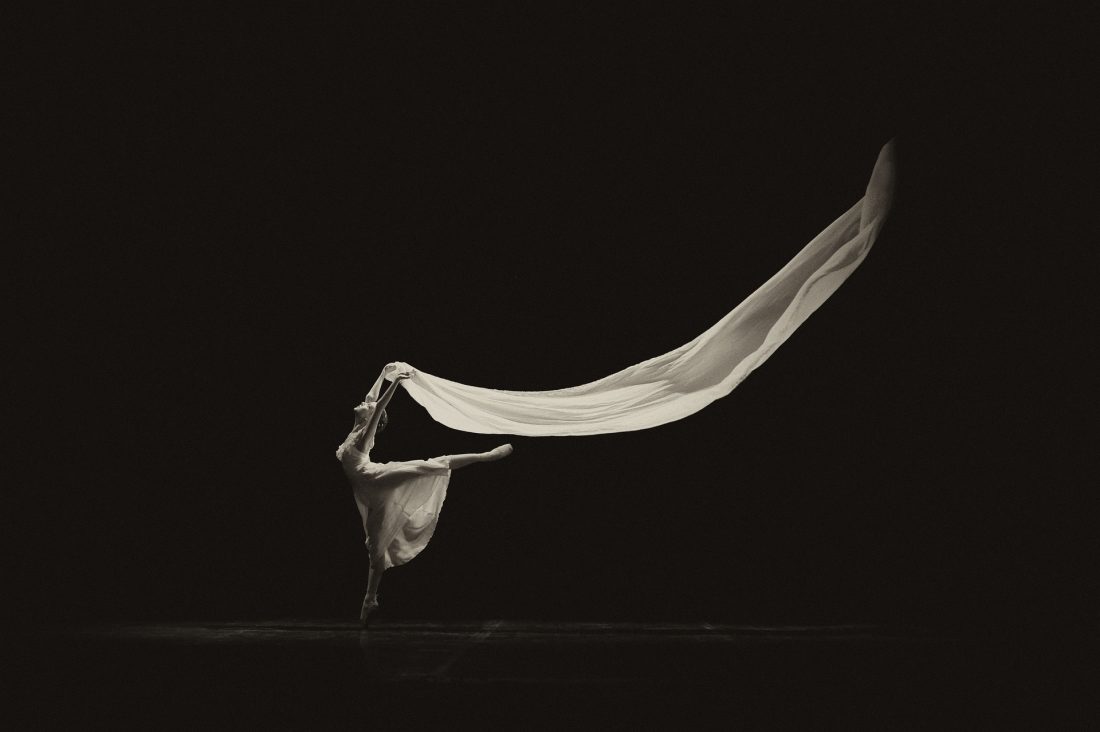
21st Century Butlers
(Sigue en Español)
21st Century Butlers
“They won’t hear anything, nor see anything, only serve”. The Butler” (2013) – Lee Daniels
by Elena Castelló | Editorial Alberta La Grup | February 2020
Cecil Gaines – played by actor Forest Whitaker – recalls his life in domestic service in Lee Daniels’ The Butler. The film goes from his teenage years on a cotton farm in Georgia, when his parents were sharecroppers, to 2008, when he is hired by President Obama after working in the White House for presidential families for half a century from the late 1950’s; as well as being hired as a butler for President Eisenhower. The storyline is based on real events and it describes the evolution of North American society and the racial issues within it, through the view of a man “always in service”.
However, in addition to this social and racial portrait, the story of Cecil as a butler also has much to say about how essential roles in the functioning of a great home have changed and about the new role that modern butlers play today.
As training, Cecil is told the phrase that heads this text, which describes an old-fashioned way of serving in which the butler’s discretion and services are absolute. This is a British court mentality that makes the butler invisible and subjects them to a strict discipline.
However, today this characterisation cannot be compatible with modern service. The very word ‘service’ is obsolete. The modern concept of the butler is that of the assistant: a professional that is an active helper, an executor, and someone who is capable of resolving all the problems that may arrive. In this concept, there is no longer room for definitions by gender, and although discretion continues to be an essential requirement, the treatment is equal.
What other traits define this concept of a 21st century butler?
And what is it that encourages them? What is the spirit of modern butlers today? On the contrary of what was taught to Cecil, today initiative is essential. The message is “we will take care of everything”. This is the immediate response to an urgent request. Time flies and needs multiply and become more complicated. The new butler acts always without losing sight of what is important and acting accordingly. And something essential: conserving dignity, respect and integrity. The new butler isn’t a servant, but a collaborator. And their approach is professional, but also personal. “There’s nothing more satisfying than the expression of plenitude and absolute trust that you see on a client’s face when their desires are fulfilled,” explains a Personal Assistant of today.
And thus, we have baptized the modern butler as a Personal Angel.
They care, watch, manage, resolve and fulfil. They know that they always have to be in the know and be aware of their environment, thus being effective, and detecting those who they need to help. Meanwhile building a network of contacts, which is one of the most important values of a Personal Angel. They know better than anyone the value of time, which allows them to find the result that they’re searching for. This is the only way to get what you want, when you ask for it.
A well trained team carries out as many as 800 tasks for their client. Travel, translate, care, purchase, verify, check, coordinate, organize, plan, supervise, write, call, describe, explain, drive, program, pay, notify, design, execute, decide, summarise… These are only some of the actions of the new butler. And in all the possible languages.
If you wish to re-print this article or photos, that’s fine. Just include the biography at the end of the article. Thank you! Copyright © by Alberta La Grup
*****
Mayordomos del siglo XXI
“No oirá nada ni verá nada, sólo servirá”. “El mayordomo” (2013). Lee Daniels
por Elena Castelló | editorial Alberta La Grup | Febrero 2020
El anciano Cecil Gaines, interpretado por el actor Forest Whitaker, rememora en la película “El Mayordomo”, de Lee Daniels, su vida en el servicio doméstico, desde su adolescencia en una plantación de algodón de Georgia, en la que sus padres eran aparceros, hasta 2008, cuando es recibido por el Presidente Obama, tras trabajar medio siglo en la Casa Blanca para las familias presidenciales, desde finales de los años cincuenta, cuando es contratado como mayordomo del presidente Eisenhower. La historia está basada en hechos reales y describe la evolución de la sociedad norteamericana y del problema racial a través de la mirada de este hombre siempre “al servicio de”.
Pero, además de este retrato social y racial, la historia de Cecil como mayordomo tiene mucho que aportar sobre cómo han cambiado algunos papeles esenciales en el funcionamiento de una gran casa y sobre el papel que hoy desempeñan los nuevos mayordomos.
Cecil recibe como formación la frase lapidaria que encabeza este texto y que describe una forma de servir antigua en la que la entrega del mayordomo y su discreción son absolutas. Una mentalidad de corte británico que invisibiliza al mayordomo y le somete a una férrea disciplina.
Hoy, esta caracterización resulta difícil de compatibilizar con el servicio moderno. La misma palabra servicio resulta obsoleta. El concepto contemporáneo de la mayordomía es el del asistente: un profesional que es un cómplice activo, un ejecutor, alguien capaz de resolver todos los problemas que puedan surgir. En este concepto ya no caben definiciones por sexos y, aunque la discreción sigue siendo un requisito esencial, el trato es igualitario.
¿Qué otros rasgos definen a este mayordomo del siglo XXI?
Y, ¿qué es lo que le anima? ¿Cuál es el espíritu hoy de estos modernos mayordomos? Al contrario de lo que le enseñaron a Cecil, hoy es esencial la iniciativa. El mensaje es “nosotros nos ocuparemos de todo”. Esa es la respuesta inmediata a la petición urgente. El tiempo vuela y las necesidades se multiplican, se hacen más complejas. Y el nuevo mayordomo actúa siempre sin perder de vista lo que es importante y actuando en consecuencia. Y, algo esencial: conservando la dignidad, el respeto y la integridad. El nuevo mayordomo no es un sirviente, es un colaborador. Y su una entrega es profesional, pero también personal. “No hay nada más satisfactorio que esa expresión de plenitud y absoluta confianza que percibes en la cara de nuestro cliente cuando ve sus deseos cumplidos”, explica un Personal Assistant de hoy.
Por eso, al moderno mayordomo le hemos bautizado como Personal Angel.
Él cuida, vela, consigue, resuelve, colma. Sabe que debe enrazarse para conocer el terreno y así ser efectivo, detectando quiénes son las personas que pueden ayudarle. Y así se va construyendo una red de contactos que es uno de los valores más importantes de un Personal Angel. Conoce mejor que nadie el valor del tiempo, que permite obtener el resultado que se busca. Solo así es posible conseguir lo que se pide cuando se pide.
Un equipo bien entrenado lleva a cabo hasta 800 tareas para su cliente. Viajar, traducir, cuidar, comprar, verificar, comprobar, coordinar, cuidar, organizar, planificar, supervisar, comparar, escribir, llamar, describir, explicar, conducir, programar, pagar, notificar diseñar, ejecutar, decidir resumir, investigar, seducir… Son sólo algunas de las acciones del nuevo mayordomo. Y en todos los idiomas posibles.
Si deseas imprimir o editar este artículo, está bien. Solo incluye la biografía al final del artículo. Gracias! Copyright ©Alberta La Grup





